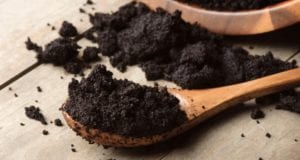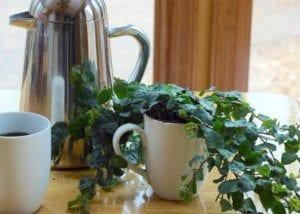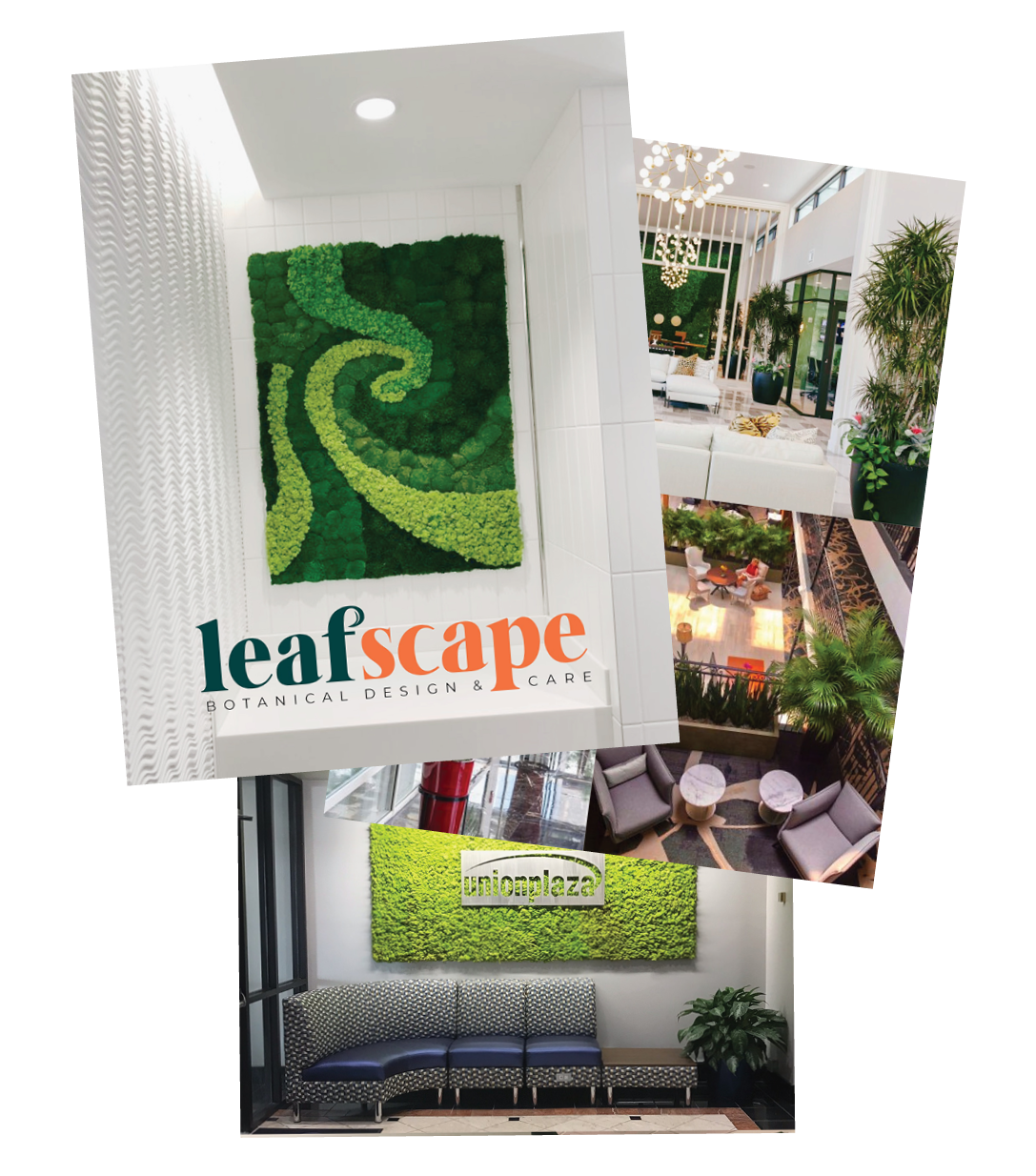
Image courtesy of www.drinksfeed.com
There’s a new trend on the caffeine curve, and it isn’t pumpkin spice: It’s using coffee grounds around your garden for amazing results! Who would have thought? A quick Internet search for “coffee grounds + plants” will gather close to 4 million results, with consistent claims that grounds add essential minerals to the soil, boost populations of friendly soil bacteria and even reduce the pH of the soil for acid-loving plants.
Coffee grounds are generally believed to be an acidifying agent when added to garden soil, but the pH of the grounds tends to be more neutral. While they may not cause the soil acidity to increase, they tend to be an enriching source of fatty acids, essential oils and nutrients. The types of flora and fauna that benefit from coffee grounds in the soil solely depends on how those grounds are used.

Image courtesy of www.hgtv.com
Why Do Plants Like Coffee?
Coffee grounds improve soil texture tremendously and aid in drainage. They generally do not alter the soil’s pH; however, once they decompose, they release nitrogen, potassium, phosphorus and other minerals that support a plant’s growth. Some plants thrive in nitrogen-rich soil such as leafy vegetables like spinach and tomatoes, as well as azaleas and camellias. As a bonus, coffee grounds are reputed to have a deterrent effect on garden pests. According to “The New York Times 100 Gardening Questions and Answers,” using coffee grounds as mulch may help repel pests that from damage vegetables.
Composting Coffee Grounds
Composting with coffee is a great way to make use of something that would otherwise end up unnecessarily in a landfill. Composting coffee grounds adds nitrogen to your compost pile, and is as easy as throwing them on top of your pile.
Maximize Your Efforts
To maximize the benefits of coffee grounds in your soil, add a nitrogen fertilizer to really make a difference. The grounds release the nutrients as the bacteria and fungi break them down, a process that can take up to several months. In the meantime, offering your plant a supplemental fertilizer will help support the plant’s growth while the grounds break down. “The New York Times 100 Gardening Questions and Answers” recommends using no more than six pounds of coffee grounds for every 100 square feet of planting area.
Whatever fertilizer you use for your personal, outdoor plants should depend on the type of plant; garden plants can benefit from coffee grounds. Wet coffee grounds dumped into indoor plantings promotes mold growth; we do not recommend you attempt to “compost” your coffee grounds directly into the interior landscapes. Instead, rely on our Green Team at Leafscape to monitor the indoor landscapes for watering and fertilizing needs.

